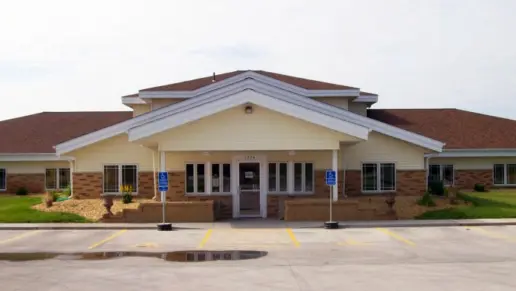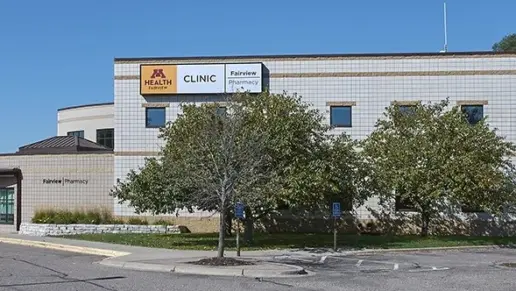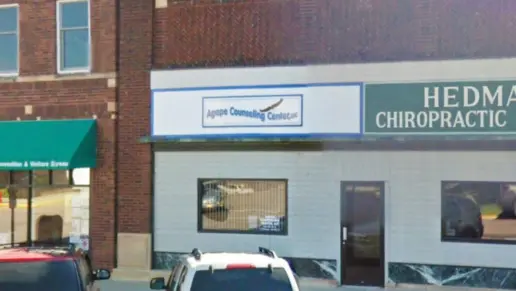Terrible place. Don’t allow your children to go here. They do the opposite of helping children.
About Nexus Family Healing
Located on 12 acres in rural Minnesota, Nexus-Gerard Family Healing offers mental health and addiction services for children, adolescents, and families in Austin, Minnesota. They provide inpatient, dual diagnosis, and aftercare services for youth ages 6 to 18, including support for their families to cope with the challenges of mental health issues. The academy is licensed by the State of Minnesota and accepts private insurance and self pay.
Gerard Academy is located in a private, homey setting offering ample opportunities for outdoor recreation and relaxation. The campus features community gardens and comfortable common areas, as well as a state accredited K through 12 day school. The grounds are located adjacent to a nature preserve, and wildlife can frequently be seen on the center’s property.
The inpatient program is designed to help individuals achieve recovery through mental, emotional, and physical wellness. Children and their families receive trauma informed, CBT based individual, group, and family counseling. Evidence based complementary approaches like EMDR are available to support trauma recovery. Education and life skills development are also prioritized to support long term health and sobriety. Courses are offered in self care, coping, problem solving, communication, relapse prevention, and family and community reintegration.
When clients complete treatment, aftercare services provide ongoing support. This continuing care can include academic and vocational training and transitional support. Social services, medical and mental health, and addiction recovery referrals are also provided to facilitate clients’ successful reintegration into their home community.
Facility Overview
Rehab Score
Gallery
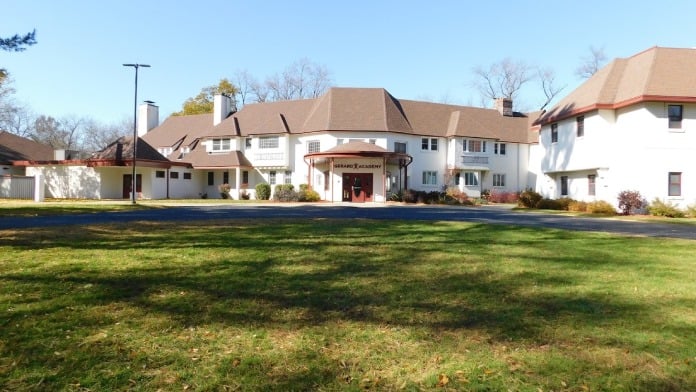
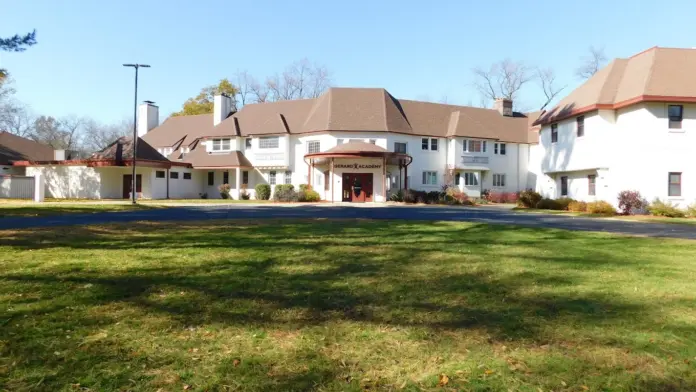
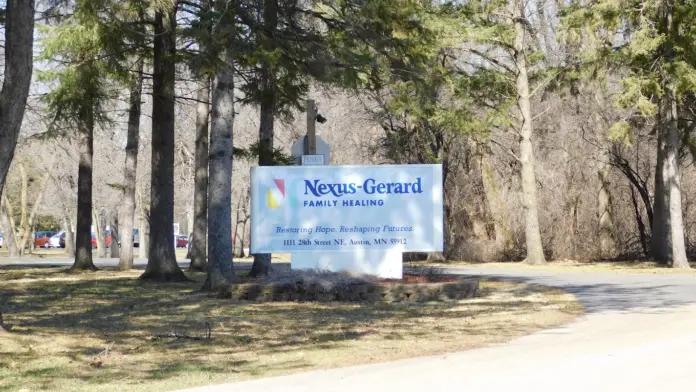
Location
Accepted Insurance
Other Forms of Payment
Private insurance refers to any kind of healthcare coverage that isn't from the state or federal government. This includes individual and family plans offered by an employer or purchased from the Insurance Marketplace. Every plan will have different requirements and out of pocket costs so be sure to get the full details before you start treatment.
Self-pay involves paying for treatment out of your own pocket. You can use savings or credit, get a personal loan, or receive help from family and friends to fund your treatment. If you don't have insurance or your insurance plan doesn't cover a specific program, self-pay can help ensure you still get the care you need.
Addiction Treatments
Levels of Care
Treatments
Mental health rehabs focus on helping individuals recover from mental illnesses like bipolar disorder, clinical depression, anxiety disorders, schizophrenia, and more. Mental health professionals at these facilities are trained to understand and treat mental health issues, both in individual and group settings.
Clinical Services
Cognitive Behavioral Therapy (CBT) is a therapy modality that focuses on the relationship between one's thoughts, feelings, and behaviors. It is used to establish and allow for healthy responses to thoughts and feelings (instead of unhealthy responses, like using drugs or alcohol). CBT has been proven effective for recovering addicts of all kinds, and is used to strengthen a patient's own self-awareness and ability to self-regulate. CBT allows individuals to monitor their own emotional state, become more adept at communicating with others, and manage stress without needing to engage in substance abuse.
Group therapy is any therapeutic work that happens in a group (not one-on-one). There are a number of different group therapy modalities, including support groups, experiential therapy, psycho-education, and more. Group therapy involves treatment as well as processing interaction between group members.
In individual therapy, a patient meets one-on-one with a trained psychologist or counselor. Therapy is a pivotal part of effective substance abuse treatment, as it often covers root causes of addiction, including challenges faced by the patient in their social, family, and work/school life.
Trauma therapy addresses traumatic incidents from a client's past that are likely affecting their present-day experience. Trauma is often one of the primary triggers and potential causes of addiction, and can stem from child sexual abuse, domestic violence, having a parent with a mental illness, losing one or both parents at a young age, teenage or adult sexual assault, or any number of other factors. The purpose of trauma therapy is to allow a patient to process trauma and move through and past it, with the help of trained and compassionate mental health professionals.
Amenities
-
Residential Setting
Staff
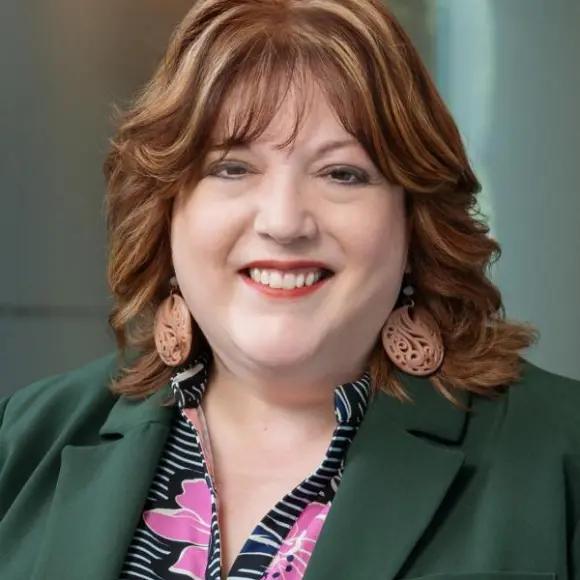
CEO & President
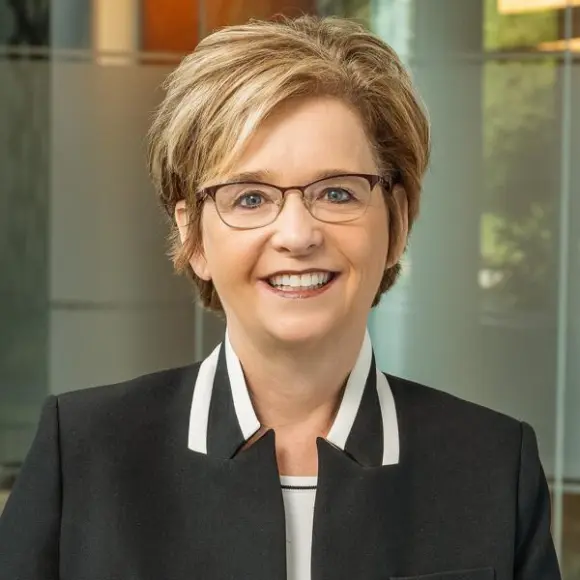
COO
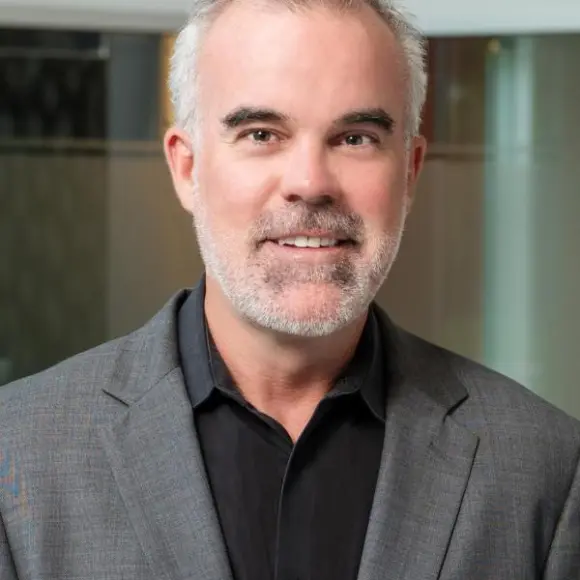
CFO

Chief Human Resources Officer
Contact Information
1111 28th Street NE
Austin, MN 55912





